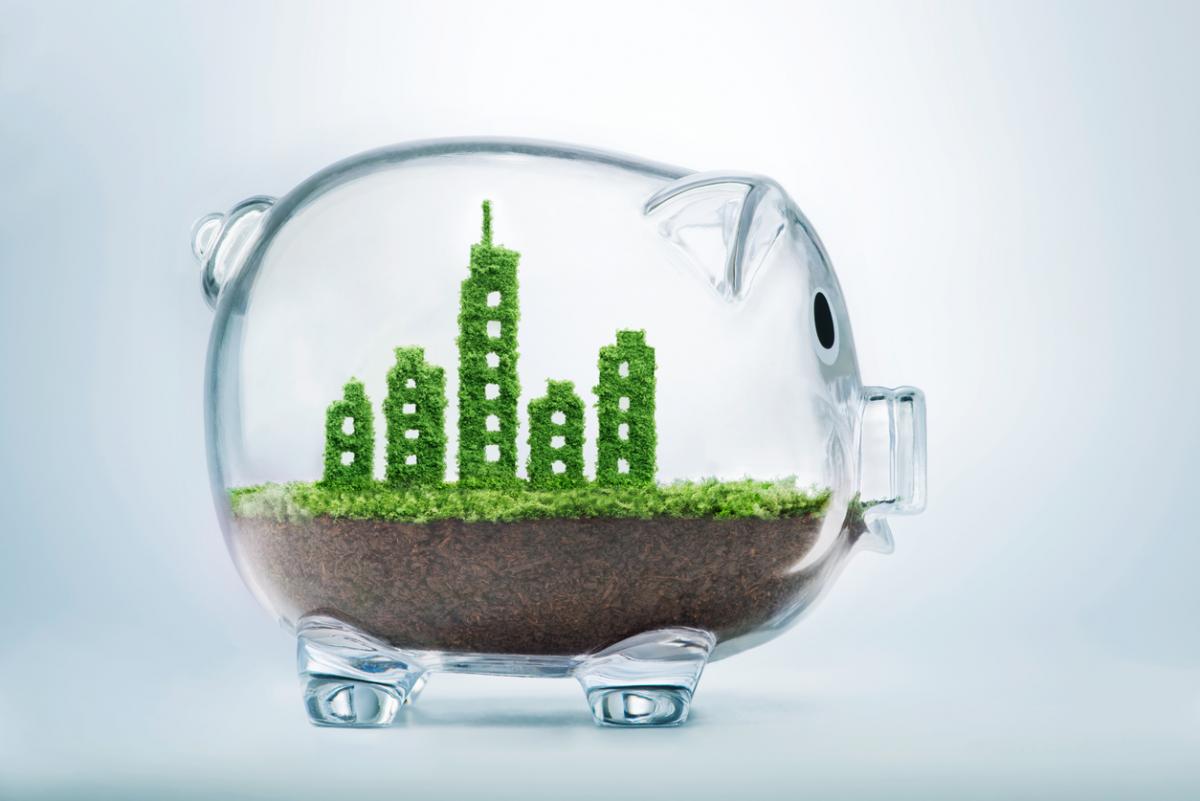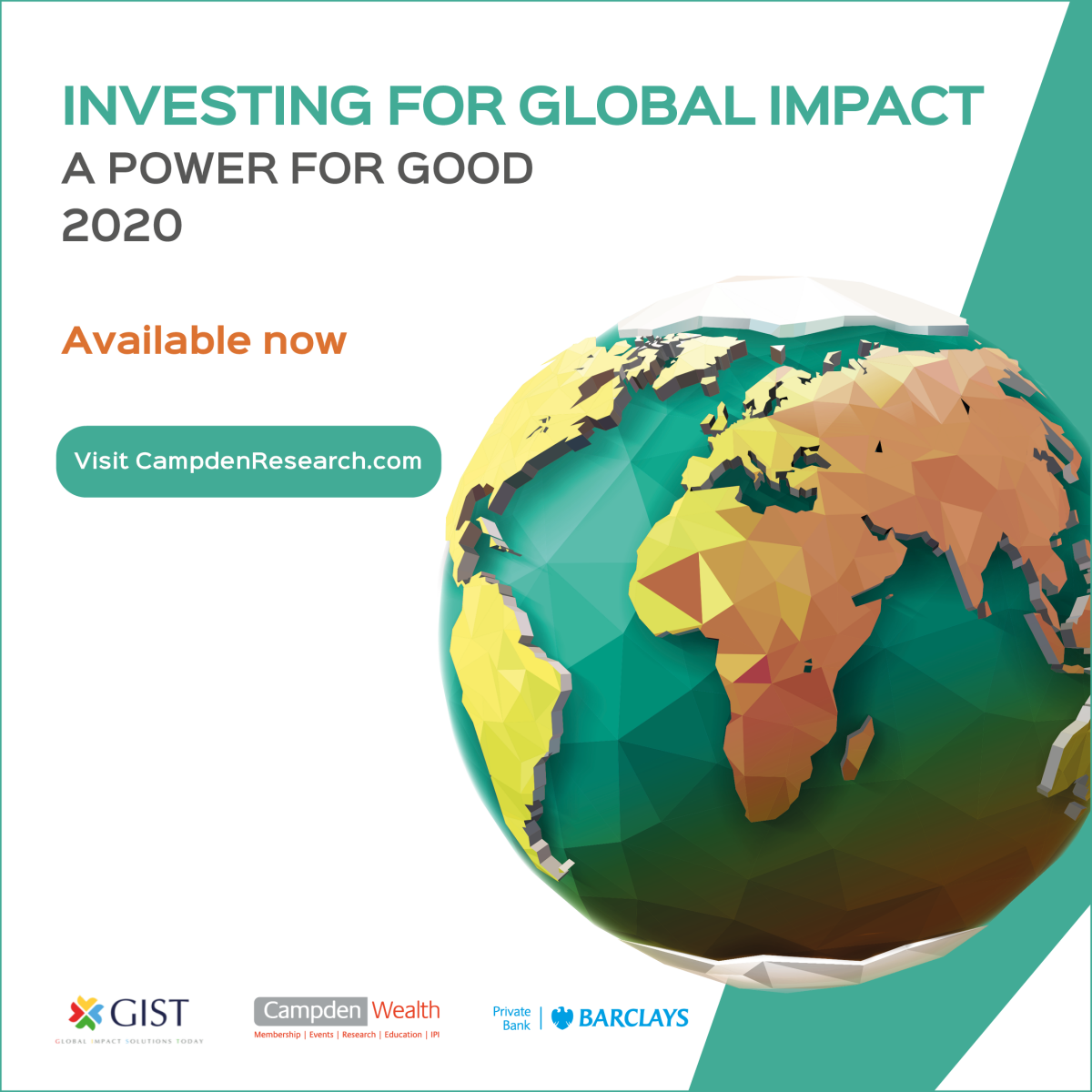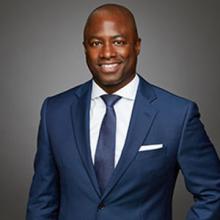Next-gen entrepreneur Adiraj Gupta on impact investing in humanity

Adiraj Gupta has channelled his passions for social entrepreneurship and global finance to co-found Impact Launchpad, a new startup incubator with $100 billion ambitions for impact investments.
The family next-gen’s innovative ecosystem of alliances supports the finance and development of thousands of profit and non-profit projects from seed stage to launch. Gupta’s co-founder is Daniel Matalon, a social impact investor and the founder of #IsThereEnough, a global campaign of financial inclusion and social justice, which Impact Launchpad supports.
Their mission is to overhaul the way impact projects are funded by introducing a new impact savings system, built on a Global Impact Survival Bond series. Impact Launchpad intends to establish 100 Impact Centres, in 100 Cities, in a network of 100 Leaders, over the next 10 years, using the finance platform of the bond issue. The venture says $100 billion will be raised with more than 500 projects incubated in each centre.

Gupta hails from two prominent families in India where his grandparents still run the family office and family businesses. The next-gen, educated in New Zealand and based in New York, supports his family with investment opportunities. An investor since the age of 12, he was successfully exiting his first startups by his late teens.
In addition to setting up Impact Launchpad in 2020, he co-founded and is the director of Crypto Launchpad, started in Wellington in 2017, to provide investors audited and independent information on new initial coin offerings. He manages his portfolio of more than 70 companies with a collective valuation of more than $1.5 billion.
Families surveyed by Campden Wealth for its Investing for Global Impact: A Power for Good 2020 report said they expected to increase their allocation to impact from 20% in 2019 to 35% by 2025. A total of 7% of respondents planned to allocate more than 50% of their portfolios to impact investing within the next five years. While impact investing appears to be accelerating in the Covid-19 era, philanthropy still accounted for 10% of respondents’ average portfolio and was likely to remain stable in the following year.
Gupta talks with CampdenFB about finding the value in impact, his toughest impact investment decisions yet and how Impact Launchpad will achieve its goal of 100 Impact Centres.
 What prompted you to give back through impact investing and Impact Launchpad as opposed to traditional forms of philanthropy?
What prompted you to give back through impact investing and Impact Launchpad as opposed to traditional forms of philanthropy?
Impact investing and Impact Launchpad aren’t mutually exclusive to traditional forms of philanthropy for me. Since the beginning of 2020, the net outflows towards traditional philanthropy have been greater for me than income generated.
Impact Launchpad is building something fresh and new. I guess what I would say first is that our team hopes for us to see impact investment as just that, an investment, not as a replacement for charity, but as an actual justifiable and sound investment in humanity, which almost always shows a return on investment, historically.
That is how we see investment in the 17 Sustainable Development Goals themselves, as an investment in the future of humanity. Those 17 SDGs are very successful, as a global collaborative effort, maybe one of the most successful in human history , but those are 2030 goals that expire in just nine years and we are falling short in some estimates by as much as $3.5 trillion to actually meet them. Impact Launchpad, our somewhat bold experiment, is an attempt at a new platform, a new investment model, that can make it possible for us to fill that $3.5 trillion gap more rapidly.
We don’t just think that fix will merely fix the capital shortfall, though. We think it will help to realise the goal of making the world work for 100% of humanity, or as close as we can get to that, in a way we can measure, by funnelling more risk protected capital for projects that can meet those goals.
I do believe it has the potential to change the world and a considerable amount of time, money and resources have been allocated to it.
I do not believe there is one right answer to these things, just like a single set of tyres don’t apply to all weather conditions, we have to figure it out and optimise to the best of our abilities how we can best be helping people. This ranges from outright cash donations to microfinance through venture capital and even loan guarantees. Impact Launchpad explores all of these methods and tries to find a balance.
 What is your criteria when considering which impact investments to make?
What is your criteria when considering which impact investments to make?
Criteria for making any investment is based on a few factors. Firstly, it's always the people, how meaningful, intentional and trustworthy a given person or team is. Do they have a high level of communication and can they handle abstract problems that are bound to arise in any undertaking? If this box is ticked then everything else is secondary and many normal models can apply. Factors such as impact, market, competition, sustainability, and community. I’m not going into depth on this because we have 100 plus different testing criteria that we could look at for any given investment, depending on the stage of the venture the industry it’s in or the competitors it may have.
The most successful investments I’ve made, however, have always been based on people and intuition. Investing for me is about solving problems. I only invest in ventures that have a good balance between purpose and profit, doing something impactful that changes life for the better.
 How do you rate the quality and quantity of viable impact investments available at the moment?
How do you rate the quality and quantity of viable impact investments available at the moment?
The quantity of viable investments is endless, there have been weeks where the team and I have reviewed 30 plus projects in the week, coming in all shapes and sizes from pre-seed deals to public companies taking things to the next level. However, the quality can truly vary—in out of nearly 400 plus blockchain ventures, we have invested in three so far in the last five years, so we’re keeping a close eye on that vertical alone. Similarly, in the energy space, we have looked at close to 100 deals. We are yet to commit to something that we are comfortable with.
Recently what's been happening with Reddit and short stocks is a fascinating trend. The public choosing to keep companies afloat and making money along the way against organisations aiming to bankrupt them. Having invested in a few share trading platforms early, it’s been incredible seeing the growth and the volume these platforms have seen from the retail markets. Though it often is risky for the average investor, it's been incredible seeing great companies retain their market cap and value with revenues being down by 95% plus.
I think the impact of democratised finance and the ability for everyday retail investors being able to move mountains by coordination is still early in its maturity, but it’s exciting to see how impact minded these individuals are, being able to guide them in the right direction by informing rather than telling them will yield in many of the world's problems being solved. With many great companies being saved through events that otherwise would have bankrupted them.
 Which project involved you making the toughest decisions?
Which project involved you making the toughest decisions?
One of the hardest things a leader or investor/founder ever has to do is let people go, particularly hard-working and talented individuals when they have done nothing, but good for the company. One of the projects I was involved in had to deal with this when the market crashed and revenues took a divebomb. Luckily, while we had a massive negative impact due to market conditions, many of our friends were seeing a meteoric rise in their businesses, as is often the case. Thankfully for us, we managed to relocate 95% of the staff to our friends and acquaintances’ businesses and they were glad to pick up exceptional talent. We managed to keep a skeleton team and the company alive without anyone having to lose their job. Lots of luck involved and many sleepless nights, to this day one of the hardest two months to deal with.

Improving impact measurements and management practice is still a significant challenge for 58% of families surveyed by our Investing for Global Impact report, followed by the lack of high-quality investments with proven track records (54%). How do you measure the success of your impact investments?
Success is relative, we have had investments improve the lives of thousands of people in various verticals from healthcare to democratising finance and many others in between. We have generated positive yields from these, but the reality is like most people we have no idea what we are doing and this is all an experiment. We are figuring things out as we go.
Success or a job well done for us is when billions of lives around the world are improved. In areas we all agree are important such as the SDG’s and our model is so successful that people all around the world replicate what we do with equal amounts of success. This is what success looks like for Impact Launchpad.
 Investing for Global Impact reported 69% of families said Covid-19 has affected their views of investing and the economy and 66% said it is likely to broaden their risk assessment to include more environmental, social and governance (ESG) factors. What influence are you see the Covid-19 pandemic having on impact investing?
Investing for Global Impact reported 69% of families said Covid-19 has affected their views of investing and the economy and 66% said it is likely to broaden their risk assessment to include more environmental, social and governance (ESG) factors. What influence are you see the Covid-19 pandemic having on impact investing?
For us, the biggest impact Covid had was to accelerate our timeline. Something which we were planning to launch in the future was sped to be as early as possible. In the investing ecosystem, we have seen people write bigger and faster cheques, sometimes to catch Covid trends to get the most upside and other times because of feeling the responsibility to help where possible. We have seen philanthropy increase. A focus on ventures that deal with helping people that no longer have a job.
An increase in the future of work-related ventures and deals. Covid has accelerated our thinking in this space due to the impacts of the world we now live in. Many others in the community have increasingly been investing in this space.
How will Impact Launchpad go about achieving its goal of establishing “100 Impact Centres, in 100 Cities, in a network of 100 Leaders, over the next 10 years”?
Our Impact Centres will incubate and develop SDG qualifying, for-profit impact projects. The network will seed 50,000 new initiatives over 10 years. They will be financed on the issuance of a $100 million closed end Social Impact Bond series, much like a fixed rate green bond, in a new investment product we will inaugurate in mid-2022. Each city in the 100 City network will issue this $100 million social impact fund 10 times over 10 years—$100 billion total issue. We also intend to make the IP and finance framework open access for use by competing social impact investment brands and managers to further accelerate meeting the SDG gap.
 We will recruit the 100 City leadership teams and its larger project based network of project managers, developers and producers from our community, non-profit work with the #IsThereEnough campaign, which in its own way, is seeking to measurably help the world work for 100% of humanity and which has grassroots word of mouth support all over the world.
We will recruit the 100 City leadership teams and its larger project based network of project managers, developers and producers from our community, non-profit work with the #IsThereEnough campaign, which in its own way, is seeking to measurably help the world work for 100% of humanity and which has grassroots word of mouth support all over the world.
#IsThereEnough is worth noting on another cultural level to this as well. What GameStop, crypto, and “The Great Reset” some of us are calling this Covid time period are all demonstrating is that people have more power than they have previously realised, mostly for the better. The message of #IsThereEnough is that greater wealth creation, and more just financial inclusion, can happen by a form of power people can exercise even without a government, the power of agreement. It’s a very powerful and yet personal message. It is going to help our adoption immensely.






